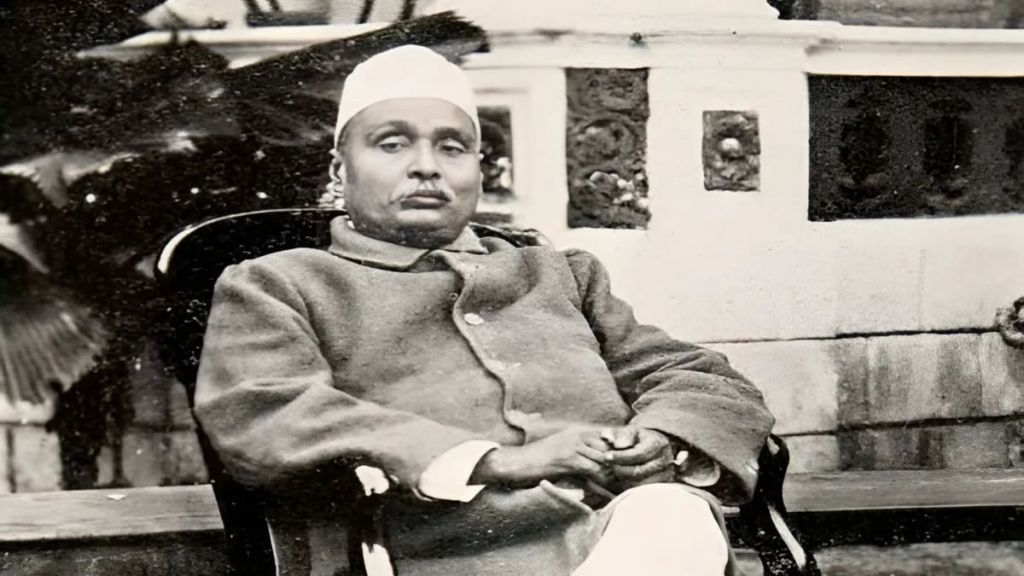
Lala Lajpat Rai, also known as Punjab Kesari, was a well-known leader and a part of the Lal Bal Pal trio. Rai was born on January 28, 1865, and passed away on November 17, 1928. He was a leading Indian freedom fighter, nationalist, and social reformer. Learn about the life of Lala Lajpat Rai and his role in the fight for independence.
On his death anniversary, we remember Lala Lajpat Rai, Punjab Kesari, a revolutionary and social reformer who fought for India’s freedom and a just society.
— Ranoj Pegu (@ranojpeguassam) November 17, 2024
Part of the Lal-Bal-Pal trio, he opposed caste discrimination, untouchability, and gender inequality, advocating equal… pic.twitter.com/zegd0HxO60
Lala Lajpat's early life
Lala Lajpat Rai was born in Punjab's Dhudike in January 1865. Munshi Radha Krishna, his father, worked as a teacher in a government school, teaching Urdu and Persian. Rai had a strong affection for her mother, Gulab Devi Agarwal. He dedicated much of his time in Jagraon and finished his initial education in Government Higher Secondary School in Rewari. He pursued a law degree at Government College in Lahore in 1880. He was exposed to freedom fighters and social reformers like Swami Dayanand Saraswati, where he eventually joined Arya Samaj Lahore.

Contributions
Lala was greatly influenced by Hinduism and worked to reform many significant policies. He was against the British Raj and boycotted British goods after he joined the Indian National Congress (INC) in Punjab. He promoted Swadeshi Movements and promoted Indian-made gods as part of the boycott of British goods.
In 1928, when the United Kingdom set up the Simon Commission, headed by Sir John Simon, to report on the political situation in India. Rai boycotted the Commission with Indian political parties because it did not include any Indian members. After that, when the Commission visited India in 1928, Rai decided to lead a non-violent march in protest against it and gave the slogan "Simon Go Back!".
Honoring the Great freedom fighter,, Lala Lajpat Rai, on his death anniversary.
— Swami Vivekanand Gujarat Rajya Yuva Board (@svgrybguj) November 17, 2024
His patriotism and sacrifices continue to inspire India’s journey toward progress and unity. pic.twitter.com/FRhyELiPcS
While protesting, he also said, "I declare that the blows struck at me today will be the last nails in the coffin of British rule in India." He established the Gulab Devi Chest Hospital in Lahore in memory of his mother after his mother died of tuberculosis. Apart from all this, he was the founder of v the Hisar district branch of the Indian National Congress.
He was influenced by Mahatma Gandhi and supported him during the noncooperation movement in 1920. Lala Lajpat Rai also wrote numerous books, including The Story of My Deportation, Arya Samaj, The United States of America: A Hindu's Impression, Unhappy India, and England's Debt to India: A Historical Narrative of Britain's Fiscal Policy in India.